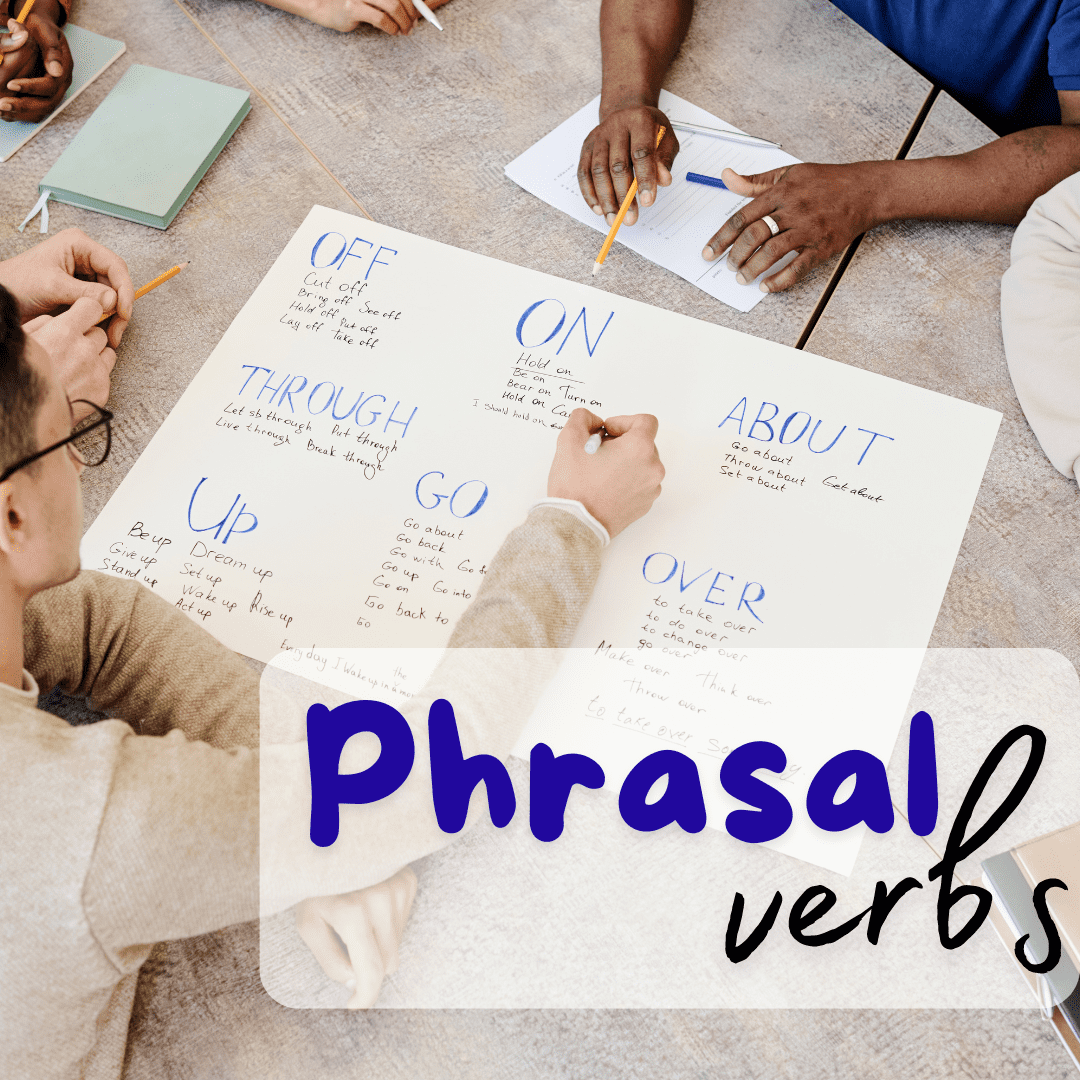Learning English involves more than just understanding vocabulary and grammar rules; it's also about mastering the nuances that make the language come alive. One such nuance is the use of phrasal verbs. Phrasal verbs are verbs combined with prepositions or adverbs that create a meaning different from the original verb. They are widely used in everyday English, making them essential for fluency. This article will explore tips for mastering phrasal verbs and provide common examples, while also highlighting how books can be a valuable resource in this learning journey.
What Are Phrasal Verbs?
Phrasal verbs consist of a verb and one or two particles (prepositions or adverbs). For example:
- Get up: to rise from bed
- Run out of: to have no more of something
- Look forward to: to anticipate with pleasure
The meaning of phrasal verbs often cannot be deduced from the individual words, which is why they can be challenging for learners.
Tips for Mastering Phrasal Verbs
- Learn Phrasal Verbs in Context Reading books and articles is a great way to see phrasal verbs used in context. For example, in novels and short stories, you will encounter phrasal verbs in dialogue and descriptions, helping you understand their meanings and usage.
- Group Phrasal Verbs by Common Particles Many phrasal verbs use the same prepositions or adverbs. Grouping them can make it easier to remember their meanings. For instance: Up - wake up, give up, pick up. Out - find out, run out, break out.
- Use Flashcards Create flashcards with phrasal verbs on one side and their meanings on the other. Regularly test yourself to reinforce your memory.
- Practice with Exercises There are many online resources and workbooks with exercises focused on phrasal verbs. Practice regularly to become more comfortable with their usage.
- Watch Movies and TV Shows Listening to native speakers use phrasal verbs in movies and TV shows can help you understand their informal usage and pronunciation.
- Read Books with Real-Life Dialogues Books with contemporary settings, such as novels and biographies, often use phrasal verbs in natural dialogue. This not only helps with understanding the verbs but also with seeing how they fit into everyday conversation.
Read our other articles:
Using Gerunds and Infinitives Correctly
Common Phrasal Verbs and Their Meanings
Here are some common phrasal verbs that you might encounter:
| Phrasal Verb | Meaning | Example Sentence |
|---|---|---|
| Break down | Stop functioning | My car broke down on the way to work. |
| Bring up | Mention a topic | She brought up the issue during the meeting. |
| Call off | Cancel | They called off the event due to bad weather. |
| Find out | Discover | I found out that she had already left. |
| Get along with | Have a good relationship | I get along well with my colleagues. |
| Look after | Take care of | She looks after her younger brother on weekends. |
| Put off | Postpone | They put off the meeting until next week. |
| Take off | Remove clothing or become airborne | She took off her jacket. / The plane took off on time. |
Mastering phrasal verbs is a crucial step towards achieving fluency in English. Books, in particular, are an excellent resource for encountering phrasal verbs in natural settings. Whether you're reading a novel, a biography, or even news articles, paying attention to phrasal verbs can significantly enhance your understanding and usage of everyday English. So, pick up a book, watch a favorite TV show, or dive into an online exercise, and start mastering those phrasal verbs today! Happy learning!
Download Bookvo Now!










